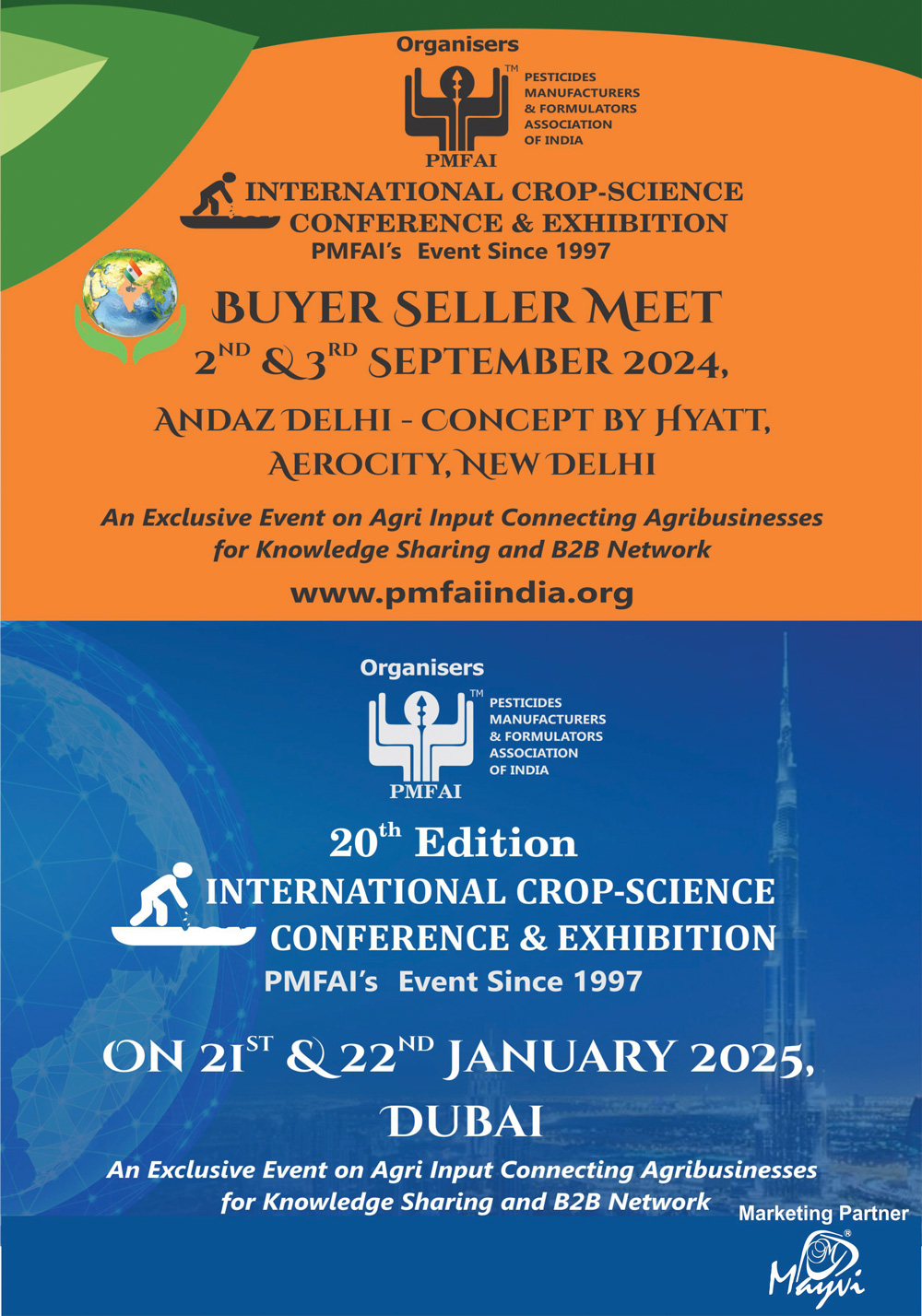Top Three Issues Facing CROs and GLPs in India
Scroll Down to Read
By Michele Katsaris
Managing Editor

Mukul Pore
AgriBusiness Global spoke with Mukul Pore, a preclinical contract research organization (CRO) and good laboratory practices (GLP) monitoring expert, from Intox about CROs responding to formulation challenges in India. In 2024, the field has seen significant developments and changes, specifically in these three areas.
1.Integration of Advanced Technology |
CROs are increasingly incorporating cutting-edge technologies such as artificial intelligence (AI), high-throughput screening (HTS), and New Approach Methodologies (NAMs) like organ-on-a-chip systems, organoids, and spheroids into their workflows.
These technologies boost efficiency, accuracy, and predictive capabilities in toxicity testing, resulting in more dependable results while simultaneously reducing time and costs.
2.Emphasis on Non-Animal Alternatives |
Historically, safety assessments heavily leaned on animal testing and empirical data, which often incurred high costs, ethical dilemmas, and lengthy processes. However, propelled by advancements in science and technology, there’s been a shift toward embracing NAMs in regulatory safety assessment.
NAMs encompass a diverse array of innovative techniques and tools, including in vitro assays, computational models, high-throughput screening, omics technologies, and quantitative structure-activity relationship (QSAR) modeling.
This shift toward non-animal alternatives in toxicology testing is driven by ethical considerations, regulatory pressures, and advancements for in vitro and in silico methods. Toxicology CROs are investing in developing and validating these alternatives to offer more humane and scientifically robust approaches to toxicity assessment.
3.Digital Transformation and Data Integrity |
There has been a significant emphasis on digital transformation within GLP compliance, with increased reliance on electronic systems for data collection, management, and reporting. This necessitated the regulators to issue and amend updated guidelines or standards to ensure data integrity, security, and compliance with regulatory requirements in an increasingly digital environment.
There have been continued efforts toward global harmonization of GLP standards and regulations to facilitate consistency and mutual recognition of data across different regions. As scientific knowledge and research methodologies evolve, there have been an increased focus on addressing GLP compliance challenges in emerging areas such as advanced therapies (e.g., gene therapy, cell therapy), nanotechnology, and personalized medicine.
These developments signify the ongoing evolution of CROs toward more innovative, ethical, and data-driven approaches in toxicological assessment, ultimately contributing to the development of safer and more effective chemical and pharmaceutical products. •
